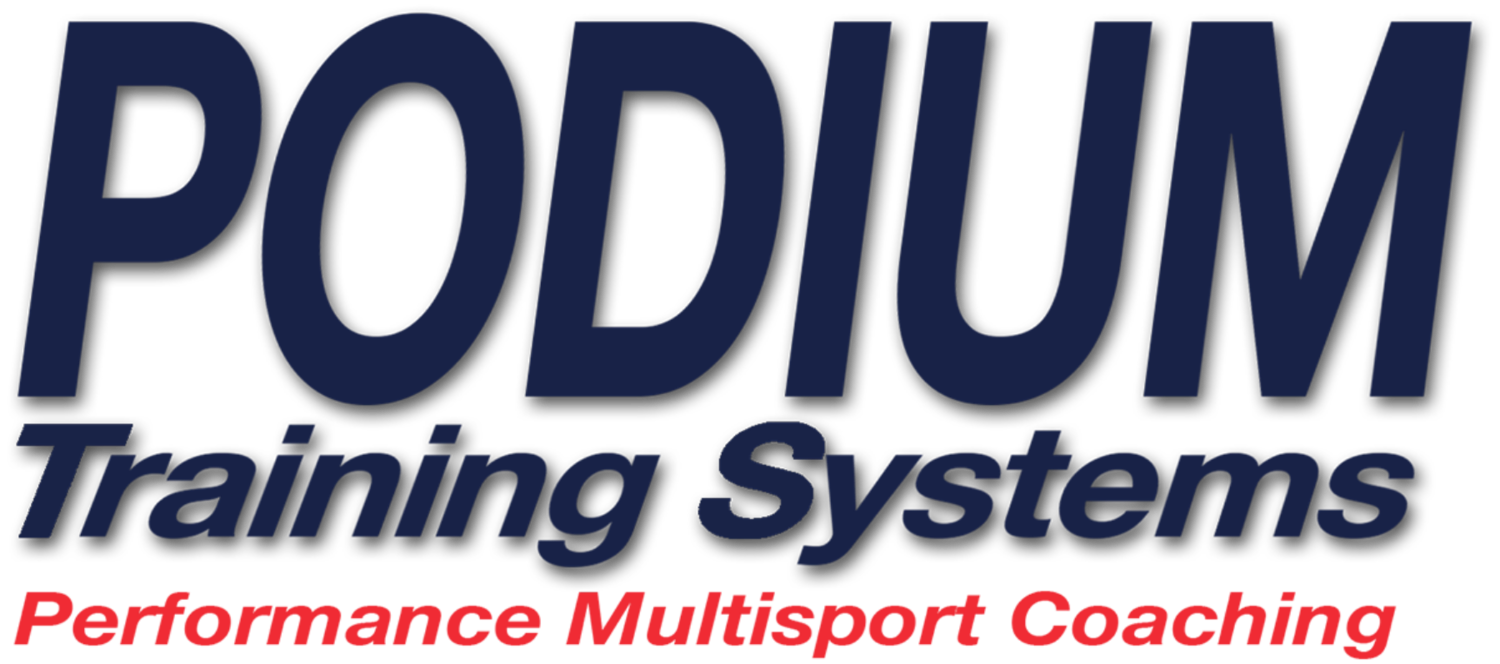Recently I've written a couple of blog posts discussing the importance of improving athlete limiters and the proper development of energy systems. The goal being to ensure not only the improvement of said limiters of an athlete but to further develop their strengths as well. With that in mind I thought it was time that we highlighted a few of our athletes here at Podium Training Systems to show not only the scope of racing that happens amongst our athletes, but also the type of improvements and success they've had and how we achieved those gains.
I reached out to a small number of my athletes to see if they would be willing to share their experiences over the past season or two and provide me with what they felt were their biggest improvements.
Read moreI hear a lot of people (coaches and athletes alike) state: "You can't win a triathlon in the swim, but you can lose one in the swim".
I've heard numerous athletes declare: "I just need to survive the swim".
I disagree with both statements. As a coach these are the first things, should an athlete of mine say such a thing, that we remove from the conversation. You can indeed win a triathlon by having a good swim. Just as you can win it by having a good bike, or run. But you have to be strong across all the disciplines to ensure that your good swim effort holds up at the end.
Just surviving the swim? That's a great way to lose time, waste energy, and ensure you have a harder bike and run leg than is necessary.
Read moreDuring all of my various coaching certification clinics the discussion around the creation of workouts was covered in detail. The main points of interest?
- Specificity
- Energy systems
- Athlete understanding of goals of workout
Of course the importance of a good warm up, cool down, and dynamic stretching, was covered as well.
Let me clarify: Did we cover 'everything' in granular detail? No. You can't cover everything in a weekend-long clinic. You need to continue your education beyond the initial course. But, all that said, the three points above have been resonating with me lately. Why?
I'm seeing too many triathlon coaches prescribe workouts that have no specifics around energy systems, and no way for the athlete to know what the goal of the workout is. In some cases guaranteeing that the athlete do nothing but train their body to run long and slow on race day. A couple of examples that I've seen (posted online) lately:
Read moreSome time ago, I wrote an article about how training for a triathlon was not a diet. There's a fine line between maintaining a healthy training and racing weight and an unhealthy weight. And this topic is gender neutral. Men and women alike are equally susceptible to an unhealthy diet and nutrition plan whilst training for an endurance event.
Using myself as an example, my worst race occurred when I weighed the least. It was very early in my triathlon 'career', and I was at a goal weight which I though would help me perform better. In truth I was under-weight, as I was spurned on by all they hype around "getting lean" and "losing an extra few pounds for the next race".
Read more